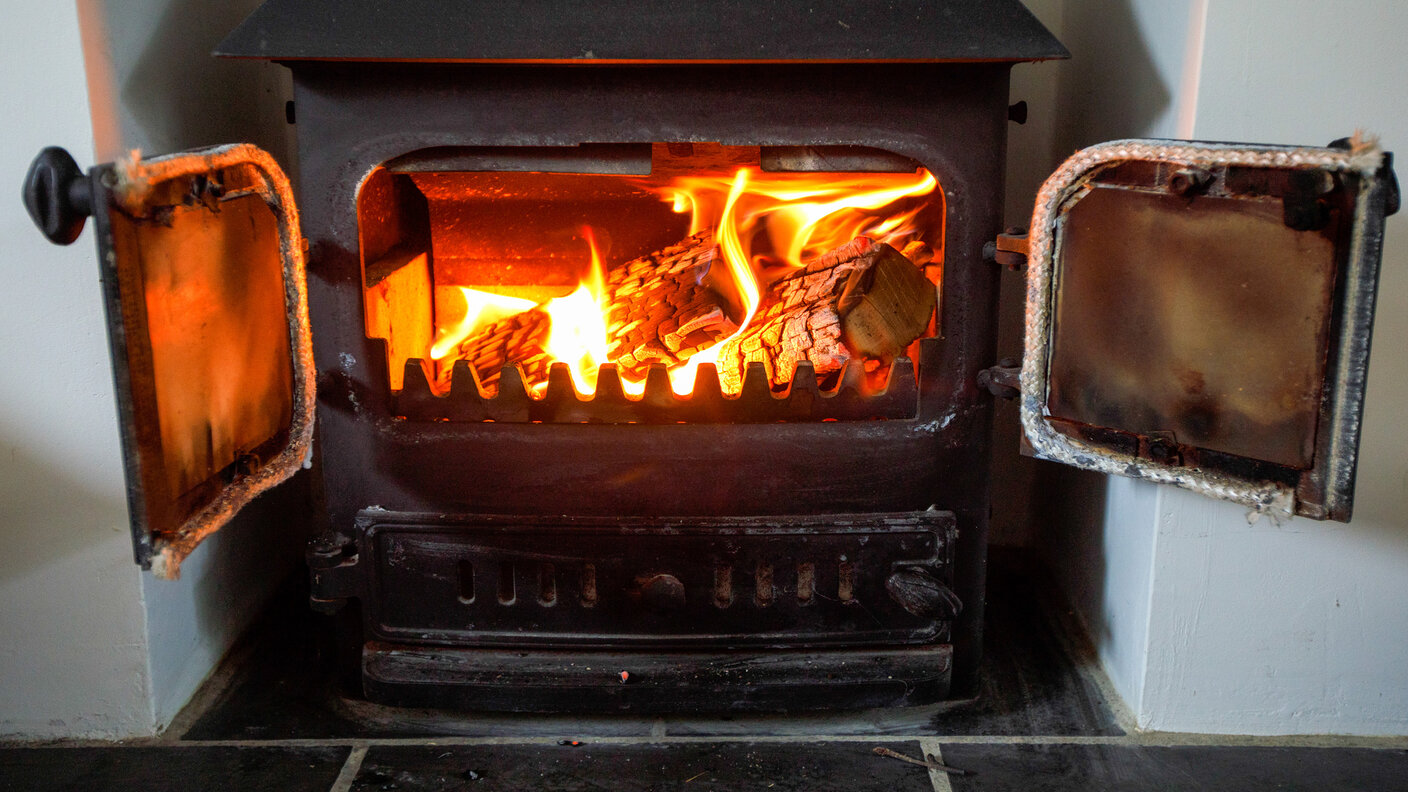One day left for households to claim the £200 Alternative Fuels Payment to help with heating bills
Households could be due a £200 payment if they heat their homes using alternative fuel sources and aren’t connected to the mains gas grid - but time is running out to claim the money. We explain what you need to know.


Get the latest financial news, insights and expert analysis from our award-winning MoneyWeek team, to help you understand what really matters when it comes to your finances.
You are now subscribed
Your newsletter sign-up was successful
Want to add more newsletters?

Twice daily
MoneyWeek
Get the latest financial news, insights and expert analysis from our award-winning MoneyWeek team, to help you understand what really matters when it comes to your finances.

Four times a week
Look After My Bills
Sign up to our free money-saving newsletter, filled with the latest news and expert advice to help you find the best tips and deals for managing your bills. Start saving today!
The deadline for eligible households to claim the £200 Alternative Fuels Payment (AFP) is fast approaching.
Many households who are due a payment should have received this automatically, but if you haven’t, you must apply by Wednesday 31 May or risk missing out.
The payment is designed to help cover the cost of energy bills.
MoneyWeek
Subscribe to MoneyWeek today and get your first six magazine issues absolutely FREE

Sign up to Money Morning
Don't miss the latest investment and personal finances news, market analysis, plus money-saving tips with our free twice-daily newsletter
Don't miss the latest investment and personal finances news, market analysis, plus money-saving tips with our free twice-daily newsletter
What is the alternative fuels payment?
The Alternative Fuels Payment is a one-off £200 payment to help with heating costs for households across England, Wales and Scotland, which are not connected to the mains gas grid and use alternative fuel sources to heat their homes.
Alternative fuels include tank or bottled gas, liquid petroleum gas (LPG), oil, wood and solid fuel.
According to the government website, your main home must also be either:
- in a residential park home
- on a boat on a permanent residential mooring
- on a permanent Gypsy and Traveller site
- in social or private rented accommodation that has a business energy connection or a communal electricity supply
- off the mains electricity or gas grid
- part of a business property (such as a farm or a flat above a shop)
Who should automatically get the £200 alternative fuels payment?
Households who should get this £200 payment include:
- Households in England, Scotland or Wales. There is a different scheme in Northern Ireland.
- Homes using alternative fuel sources for heating like liquid petroleum gas (LPG), oil or solid fuel
- Households that are connected to the electricity grid
Eligible households who pay their electricity bills directly to their energy supplier should have received payments automatically.
These should have been made from February 2023 with payment going directly to your electricity supplier, before appearing as a £200 credit on your electricity account.
In the event you have not had your payment, and think you are eligible, you may need to apply yourself.
How can I apply?
If you haven’t had a £200 payment, and think you are eligible, the usual advice is to contact your electricity supplier. However, with time running out and the deadline of 31 May fast approaching – it’s worth applying via the government website.
If you cannot apply online, you can call the government helpline on 0808 175 3943 (lines are open weekdays from 8am – 6pm).
You can only claim for your main or permanent home, provided you pay for the energy used by your household.
As part of the application process, you will need to provide proof that you have spent £200 on alternative fuels since June 2022. This could for example be in the form of a receipt or delivery note.
Once you’ve applied, your local council will carry out checks to ensure you do live at the address given on your application and that you do use alternative fuels to heat your home.
You should get confirmation of whether you’re due a payment within six weeks. This should be either in the form of a letter or email.
How will I get the money?
If your application for the Alternative Fuels Payment is successful, the £200 will be made to you as a one-off payment by your local council.
Get the latest financial news, insights and expert analysis from our award-winning MoneyWeek team, to help you understand what really matters when it comes to your finances.
Sue Hayward is a consumer and personal finance journalist, broadcaster and author whose work has appeared everywhere from the Guardian and Good Housekeeping to My Weekly and Lovemoney. Sue is a regular money guest on TV and Radio with recent appearances on Steph’s Packed Lunch, Jeremy Vine on 5 and 5 News.
-
 Should you buy an active ETF?
Should you buy an active ETF?ETFs are often mischaracterised as passive products, but they can be a convenient way to add active management to your portfolio
-
 Power up your pension before 5 April – easy ways to save before the tax year end
Power up your pension before 5 April – easy ways to save before the tax year endWith the end of the tax year looming, pension savers currently have a window to review and maximise what’s going into their retirement funds – we look at how
-
 Halifax: House price slump continues as prices slide for the sixth consecutive month
Halifax: House price slump continues as prices slide for the sixth consecutive monthUK house prices fell again in September as buyers returned, but the slowdown was not as fast as anticipated, latest Halifax data shows. Where are house prices falling the most?
-
 Rents hit a record high - but is the opportunity for buy-to-let investors still strong?
Rents hit a record high - but is the opportunity for buy-to-let investors still strong?UK rent prices have hit a record high with the average hitting over £1,200 a month says Rightmove. Are there still opportunities in buy-to-let?
-
 Pension savers turn to gold investments
Pension savers turn to gold investmentsInvestors are racing to buy gold to protect their pensions from a stock market correction and high inflation, experts say
-
 Where to find the best returns from student accommodation
Where to find the best returns from student accommodationStudent accommodation can be a lucrative investment if you know where to look.
-
 The world’s best bargain stocks
The world’s best bargain stocksSearching for bargain stocks with Alec Cutler of the Orbis Global Balanced Fund, who tells Andrew Van Sickle which sectors are being overlooked.
-
 Revealed: the cheapest cities to own a home in Britain
Revealed: the cheapest cities to own a home in BritainNew research reveals the cheapest cities to own a home, taking account of mortgage payments, utility bills and council tax
-
 UK recession: How to protect your portfolio
UK recession: How to protect your portfolioAs the UK recession is confirmed, we look at ways to protect your wealth.
-
 Buy-to-let returns fall 59% amid higher mortgage rates
Buy-to-let returns fall 59% amid higher mortgage ratesBuy-to-let returns are slumping as the cost of borrowing spirals.
